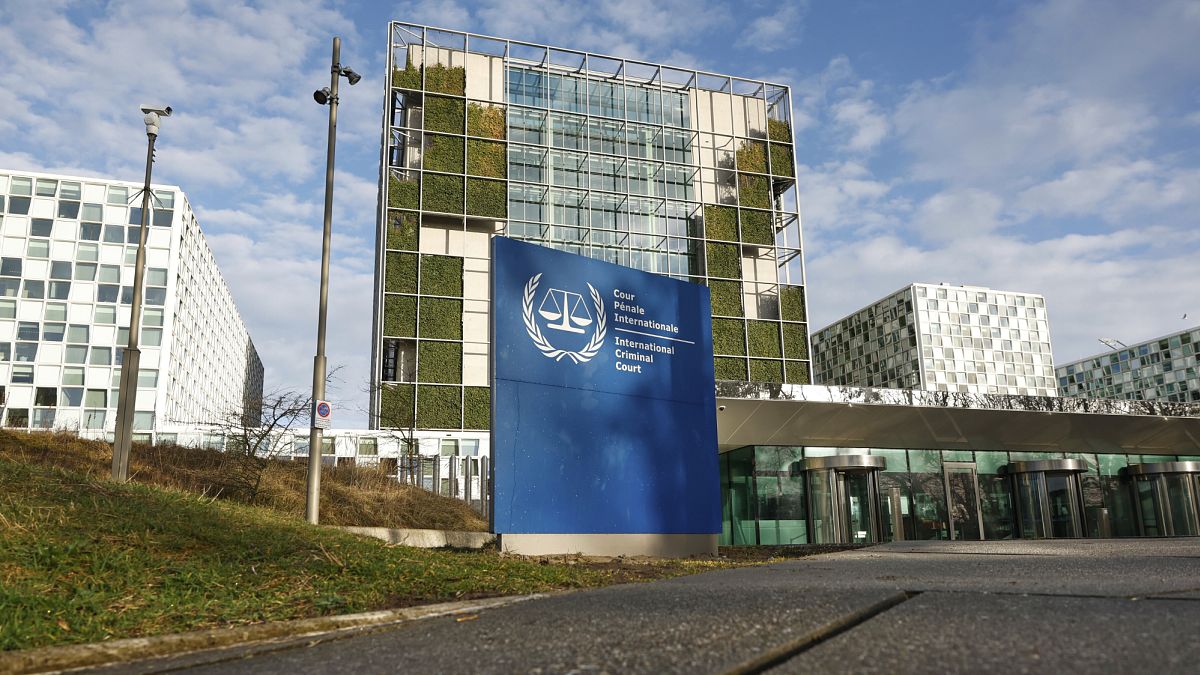In a stunning development that has captured global attention, the International Criminal Court (ICC) has announced the opening of an inquiry into Hungary’s failure to arrest Israeli Prime Minister Benjamin Netanyahu. This move marks a significant escalation in the ongoing legal and diplomatic challenges surrounding Netanyahu and highlights growing tensions between international legal institutions and sovereign states.
Background: Netanyahu’s ICC Arrest Warrant
The ICC issued an arrest warrant for Prime Minister Benjamin Netanyahu earlier this year. The charges primarily concern alleged war crimes and crimes against humanity related to Israel’s military operations in Gaza and the West Bank. The court based its warrant on substantial evidence collected over several years, including testimonies, satellite imagery, and official documents.
Under the Rome Statute, which Hungary ratified in 2001, member states bear the legal obligation to cooperate fully with the ICC. This includes executing arrest warrants issued by the court. Despite these obligations, Hungary chose not to detain Netanyahu when he visited Budapest earlier this month.
Hungary’s Defiance and Its Justifications
Hungarian officials have defended their decision by invoking national sovereignty and political considerations. Prime Minister Viktor Orbán, a known ally of Netanyahu, stated that Hungary would not “compromise its national interests” by acting against “friendly and democratic nations.”
In addition, Hungarian Foreign Minister Péter Szijjártó argued that the ICC’s actions appeared politically motivated. He suggested that arresting Netanyahu would destabilize the Middle East even further and jeopardize ongoing diplomatic initiatives, such as the Abraham Accords expansions and normalization talks with Arab nations.
However, legal scholars have dismissed these arguments. They insist that under international law, political considerations do not excuse a failure to execute ICC warrants. Consequently, Hungary’s refusal has prompted swift action from the court.
ICC’s Response: Launching the Inquiry
Reacting decisively, the ICC’s Pre-Trial Chamber authorized an official inquiry into Hungary’s non-compliance. Chief Prosecutor Karim Khan emphasized the seriousness of the situation in a press conference at The Hague. He declared, “Hungary’s actions undermine the very fabric of international justice. Compliance with court orders is not optional; it is mandatory.”
The inquiry will investigate whether Hungary intentionally violated its legal obligations under the Rome Statute. If the court finds Hungary in breach, it may refer the matter to the Assembly of States Parties or even to the United Nations Security Council for further action.
Moreover, this move sets a precedent. It signals the ICC’s willingness to enforce compliance among its members, even against powerful or politically sensitive figures.
International Reaction: Division and Debate
World leaders have reacted sharply but dividedly to the ICC’s decision.
The European Union issued a carefully worded statement urging Hungary to fulfill its treaty obligations. Josep Borrell, the EU’s foreign policy chief, noted that “European unity demands adherence to the rule of law, including international law.”
Conversely, the United States criticized the ICC’s actions against Netanyahu and expressed support for Hungary’s position. State Department spokesperson Matthew Miller stated, “The United States has long questioned the ICC’s jurisdiction over Israeli actions. We respect Hungary’s decision not to engage in what we view as a politically motivated process.”
Meanwhile, several human rights organizations, including Amnesty International and Human Rights Watch, praised the ICC’s firmness. They contended that allowing political alliances to influence justice would dangerously erode the international legal system.
Potential Consequences for Hungary
The consequences of the ICC’s inquiry could prove severe for Hungary. If found in violation, Hungary risks formal censure by the Assembly of States Parties. Furthermore, it could face political isolation within Europe and beyond.
Additionally, future ICC cases may treat Hungary as an unreliable partner, reducing its influence in international legal matters. Hungary could also experience economic and diplomatic repercussions if its actions trigger broader sanctions or boycotts.
However, Hungary appears determined to stand by its decision. Government spokespersons continue to insist that the country acted within its rights and interests. Whether this strategy will succeed remains uncertain as legal and diplomatic pressures mount.
Netanyahu’s Position: Defiant and Unyielding
Prime Minister Netanyahu has remained characteristically defiant. Upon returning to Israel, he dismissed the ICC inquiry into Hungary as “an absurd and politically motivated attack.”
He reiterated his government’s stance that Israel possesses an independent and robust judicial system capable of addressing any alleged misconduct without foreign intervention.
Nevertheless, the growing number of international legal challenges threatens to restrict Netanyahu’s ability to travel freely. Countries respecting the ICC warrant may detain him, limiting his participation in global forums and summits.
Broader Implications for the ICC and International Law
This case carries significant implications for the future of international law enforcement. If the ICC successfully compels Hungary to cooperate or penalizes it for non-compliance, it would strengthen the court’s authority. It would send a clear message that no individual, regardless of political stature, stands above the law.
On the other hand, if Hungary faces no real consequences, it could embolden other states to flout ICC decisions, weakening the court’s influence.
This inquiry thus stands at the intersection of justice, politics, and sovereignty. The world now watches closely as the proceedings unfold, aware that their outcomes may shape the future of international law for decades to come.
A Critical Moment for Global Justice
The ICC’s decision to open an inquiry into Hungary’s refusal to arrest Prime Minister Netanyahu represents a pivotal moment. It forces a confrontation between legal principles and political alliances.
As the inquiry progresses, Hungary, Israel, and the international community must grapple with profound questions about the meaning and enforcement of global justice.
The stakes could not be higher. The ICC’s credibility, Hungary’s international standing, and Netanyahu’s political future all hang in the balance.




